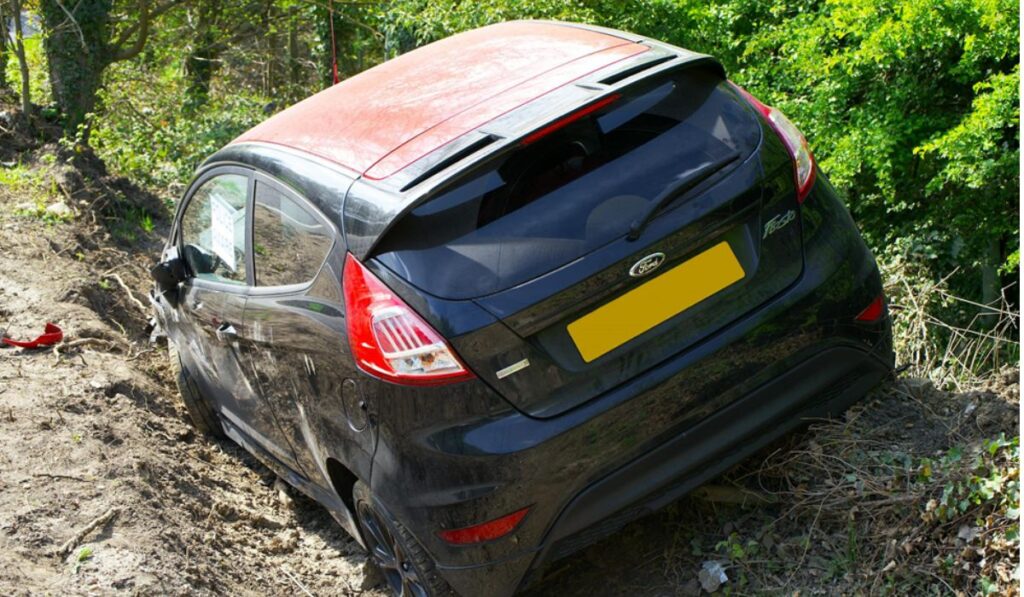Car accidents can be devastating, both physically and emotionally. In Denver, the number of car crashes has notably increased, with over 400[SA1] accidents involving severe physical harm reported in 2023. This is a 10% increase from the previous year, highlighting the growing risk on the city’s roads. If you or a loved one have been a victim of such an accident, it’s crucial to consult a lawyer immediately. Denver offers a wide range of legal options, but choosing the right lawyer is key to ensuring proper representation and maximizing compensation.
This guide will help you navigate the selection process and partner with a lawyer who can help you seek compensation for your losses.
1. Assessing the Lawyer’s Experience and Expertise
The first thing you must look for when hiring a lawyer is their experience. An experienced lawyer is familiar with the complexities of car accident cases, including understanding Denver’s specific traffic laws and the local court system. This is especially important in Denver, where the city’s Vision Zero initiative aims to eliminate all traffic deaths by 2030. Despite these efforts, the rise in severe car crashes highlights the need for legal representation that can navigate this evolving landscape. An experienced lawyer will know how to leverage these local efforts and data to build a stronger case, ensuring that clients receive the compensation they deserve. Additionally, seasoned lawyers are often better at negotiating with insurance companies, a vital skill in maximizing settlements. Hence, the best Denver-area lawyer for car accident victims is usually one who is an expert with ample experience in vehicle accident cases.
2. Understanding the Lawyer’s Track Record
A lawyer’s track record is a critical indicator of their ability to handle your case successfully. Look for lawyers with a proven history of obtaining favorable outcomes for their clients, whether through settlements or courtroom verdicts. A strong track record demonstrates a lawyer’s competence and commitment to fighting for their clients’ rights. When researching a lawyer’s history, consider the number of cases they have handled and their success rate. It’s also essential to review the nature of their victories—whether they were achieved through negotiation, settlement, or trial. Lawyers who are adept in both settlements and litigation provide a balanced approach, giving you flexibility depending on how your case progresses.
3. Checking Client Reviews and Testimonials
Client reviews and testimonials can provide a wealth of information about a lawyer’s reputation and service quality. Reviews on independent platforms often offer an unbiased look into a lawyer’s client satisfaction levels, work ethic, and effectiveness. When examining these reviews, look specifically for comments related to car accident cases, as these will give you the best insight into what you can expect. Testimonials that highlight successful outcomes, attentive service, and strong communication skills are particularly valuable. It’s also helpful to note any recurring themes in the feedback, such as the lawyer’s approachability or ability to explain complex legal concepts, which can severely affect your experience during what is often a stressful time.
4. Ensuring Clear Communication
Clear communication is essential in any attorney-client relationship. The right lawyer will make sure that you fully understand every aspect of your case, from legal terms and processes to potential outcomes. They should be able to explain complex legal jargon in plain language, ensuring you’re well-informed at every step.
However, good communication extends beyond just clarity; it also involves the lawyer’s responsiveness. A lawyer who promptly returns calls and emails and is available for meetings when necessary demonstrates a commitment to their clients.
5. Evaluating the Lawyer’s Resources and Team
The resources a lawyer or law firm has at their disposal can greatly impact the quality of representation you receive. A well-resourced lawyer will have access to a team of professionals, including paralegals, investigators, and medical experts, who can help build a robust case. For example, investigators can gather important evidence such as police reports, witness statements, and accident scene photographs, while medical experts can provide testimonies that substantiate injury claims. A lawyer backed by a strong team can handle all aspects of your case more efficiently, from gathering evidence to negotiating with insurance companies or preparing for trial.
6. Verifying the Lawyer’s Credentials and Affiliations
A lawyer’s credentials and affiliations can provide insight into their level of professionalism and expertise. Credentials such as bar admissions and specialized certifications in personal injury law can indicate a lawyer’s competence in handling car accident cases. Additionally, affiliations with reputable legal organizations, such as the American Association for Justice or the Colorado Bar Association, suggest that the lawyer is well-regarded by their peers and stays current with legal trends and continuing education. These affiliations can also reflect a commitment to ethical standards and professional development. When selecting a lawyer in Denver, it’s important to verify their credentials and affiliations to ensure they are qualified to handle your case effectively.
7. Meeting for a Consultation
An initial consultation is a valuable opportunity to evaluate a lawyer before making a hiring decision. Most car accident lawyers offer a free initial consultation where you can discuss your case, ask questions, and assess their approach. During this meeting, pay attention to how the lawyer listens to your concerns and answers your questions. Are they attentive, respectful, and genuinely interested in helping you? Do they provide clear, straightforward answers, or do they use confusing jargon? A consultation also allows you to gauge whether you feel comfortable with the lawyer, as trust and rapport are essential for a successful attorney-client relationship. Use this time to determine if the lawyer’s personality, approach, and communication style align with your needs and expectations.
8. Making Your Decision Based on Comprehensive Evaluation
After considering all these factors, you should have a clear idea of which lawyer is the best fit for your case. It’s important to make a decision based on a comprehensive evaluation rather than just one or two factors. Weighing all these elements will help ensure that you select a lawyer who not only has the necessary expertise and resources but also understands your needs and can communicate effectively.
Choosing the right car accident lawyer is a pivotal step in securing the justice and compensation you deserve. It’s not just about finding someone with legal expertise but also about selecting a professional who understands your unique situation, communicates effectively, and is committed to fighting for your best interests. A well-chosen lawyer can make all the difference, providing you with the confidence and support needed to navigate the aftermath of an accident. Take the time to evaluate your options carefully, considering all aspects, from experience to personal rapport, to ensure you have a trusted advocate by your side throughout the legal process.







